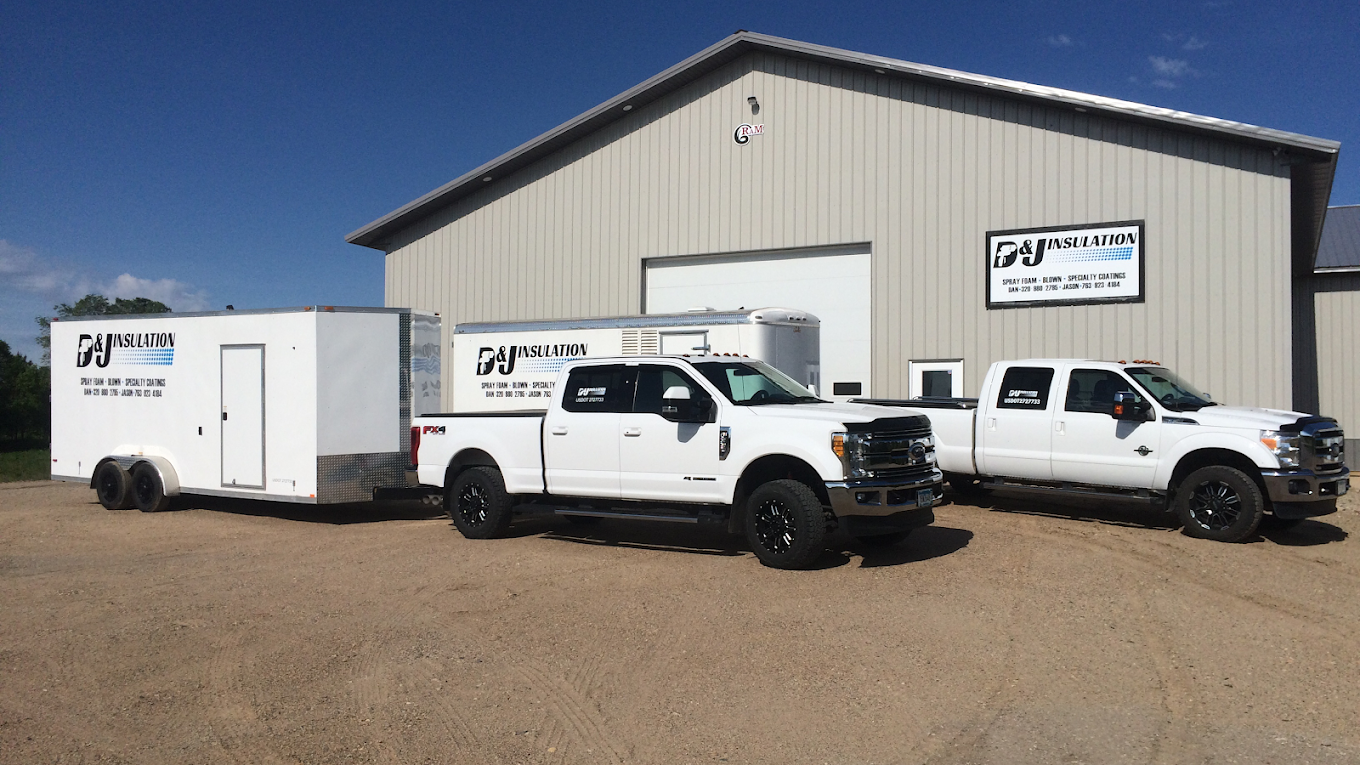
Understanding the Different Types of Insulation: A Guide by D&J Insulation Sep 05, 2025
Firstly, let's discuss fiberglass insulation, a popular choice among homeowners and contractors alike. Known for its affordability and efficiency, fiberglass insulation is composed of extremely fine glass fibers. It comes in batts or rolls, making it easy to install in walls, attics, and floors. Fiberglass is particularly effective at reducing heat transfer, which helps maintain a consistent indoor temperature and lowers energy bills. Because of its composition, fiberglass also serves as an effective sound barrier.
Next, we have cellulose insulation, an eco-friendly option that is made predominantly from recycled paper products. Treated with a fire retardant, cellulose provides excellent thermal performance and is often used in wall cavities and attics. One of its standout features is its ability to fill small gaps, providing superior insulation around electrical wiring and plumbing that can be missed by other materials. Its density is beneficial in soundproofing applications, making it a versatile choice for noise control as well.
Spray foam insulation is another effective material that expands upon application, forming a tight seal in hard-to-reach areas. This characteristic makes it particularly useful for irregularly shaped spaces or places where pipe insulation is essential. Spray foam is available in open-cell and closed-cell varieties. Open-cell offers greater flexibility and is usually less expensive, while closed-cell provides higher insulation value and added structural support.
Mineral wool insulation, often referred to as rock wool, is valuable for its fire-resistant properties. Comprising volcanic rock or basalt, this insulation is ideal for areas where fire safety is a priority. Besides fire resistance, mineral wool offers excellent sound-dampening qualities and is virtually immune to moisture damage, making it suitable for damp environments or basements.
Lastly, rigid foam boards provide high insulation value and are commonly used in exterior wall sheathing, basement walls, and under floors. These boards come in various thicknesses, allowing them to fit diverse applications, ensuring high thermal resistance where it is needed most. Rigid foam's lightweight nature makes it easy to handle, yet it remains robust enough to offer excellent structural integrity.
Understanding the strengths of each insulation type can significantly impact the quality of your installation and energy savings. At D&J Insulation, we are committed to helping you select and install the right insulation solution tailored to your specific needs. Whether you're aiming to improve energy efficiency, increase comfort, or enhance soundproofing, we provide expert insulation contractor services to guide you through every step of the process.
In conclusion, choosing the right insulation is a crucial part of achieving an energy-efficient home or business. If you need professional advice or insulation installation services, D&J Insulation stands ready to assist. Our team of experts can help you navigate your options, ensuring that you receive the ideal solution to fit your specific requirements. We invite you to contact us to learn more about how we can help make your space more comfortable and efficient.
/filters:no_upscale()/media/cd7d853d-2ce7-4493-9815-d5aca68bc249.jpeg)